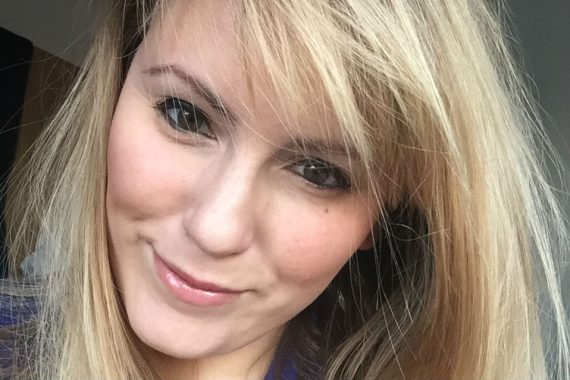Befriending Dr Google

Education has undergone a big shift over the last 20 years. Gone are the days where students would sit and meticulously make notes as an expert professor lectured on their field. Online forums, problem based learning and e-lectures now feature significantly in the modern University environment. The arrival of t’internet has led to substantial advances very quickly.
Healthcare is also changing. No longer are we as Doctors the fountain of all wisdom, with whom patients consult for a mere glimpse of medical science. Doorstop textbooks lining clinic room bookcases are quickly becoming a thing of the past.
Nowadays, there’s Dr Google who contains more information than we could ever dream of retaining in our poxy human brains.
Of course, whilst Dr Google may win the quantity prize, size isn’t everything. Although vast, the internet physician is still largely unregulated and often lacking in quality. One only has to spend a few moments on the wrong website to conclude that actually a cough is not simply a viral infection. No. It’s pretty much definitely cancer, which will cause imminent death if not treated at speed. ’Attend GP for urgent investigations, quick!’
No appointments? Ah well, there’s always mumsnet to count on for high-spec medical advice (and endless conversation about how terrible/inaccessible/stupid everyone’s GP is).
Higher education seems to have responded relatively well to the change in technology. Teachers now focus on their work as facilitators within small groups. Rather than giving knowledge transfers, teachers direct students to the appropriate resources to develop and construct their own learning. This is, of course, dependent on the student’s ability to become an adult learner and self-direct. No longer is the teacher required to be the knowledge holder but instead a facilitator in the quest for it. One can now hypothetically teach with very little expertise in the area being taught.
Sadly, in healthcare we seem to be a bit behind. I wonder if perhaps we should redefine our role in the same way that higher education staff have? Should our focus be more on signposting patients to appropriate resources and developing abilities to self-direct their own health? A patient can potentially out-knowledge us on rarer topics by spending a few days online so is it really about what we know or more knowing how to access it?
We’re clearly much more forward thinking in general practice than most specialities. The wheels are already turning with consideration of group consultations and expert patients. Our option sharing consultations allow for a degree of patient self-direction. But I wonder if we need to take this further? Perhaps consultations could allow for joint investigation of well evidenced web resources (if we can cram any more into 10 minutes?!). And there is definite scope for an app or platform of sorts to allow patients to monitor and learn about their own health. Whilst this would no doubt be challenging initially, the long-term benefits could be huge.
Alas with the recent cyber-attack I suspect any advances on online healthcare profiles will be slow and hindered by security concerns. The ‘I googled it’ statement tends to provoke a sceptical sigh from many at the moment, but self directed care will no doubt become essential if our workforce continues to dwindle. So perhaps we just need to embrace our troublesome chum and ‘Google it’ together?
Dr Sarah Merrifield is a GP leadership fellow in Yorkshire









